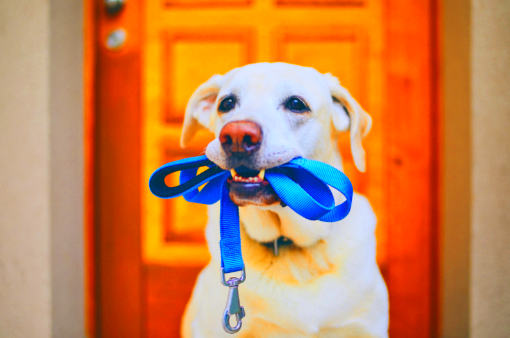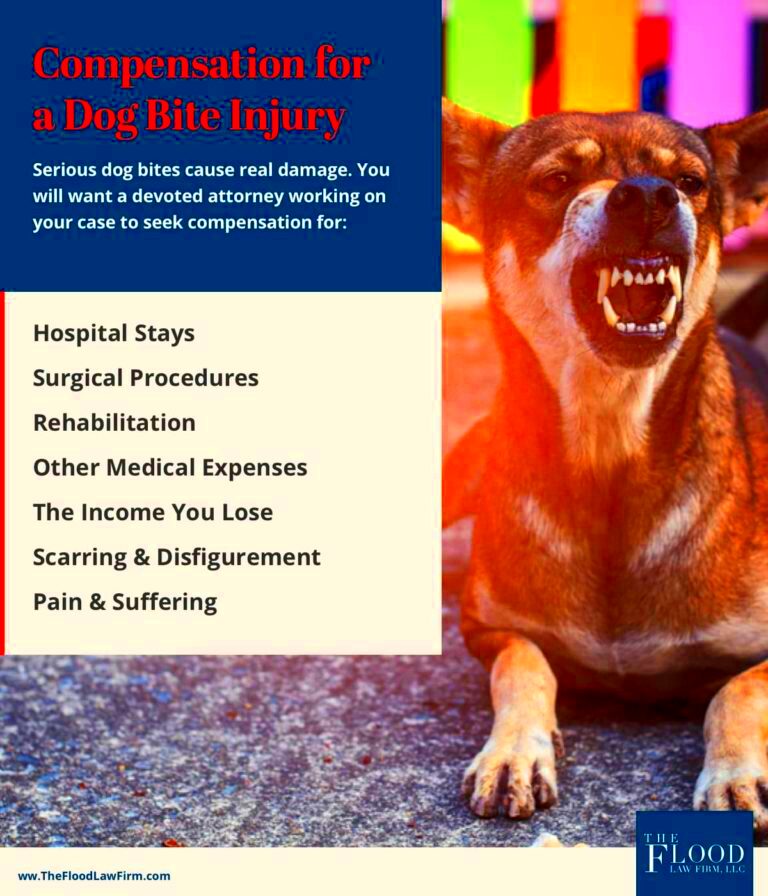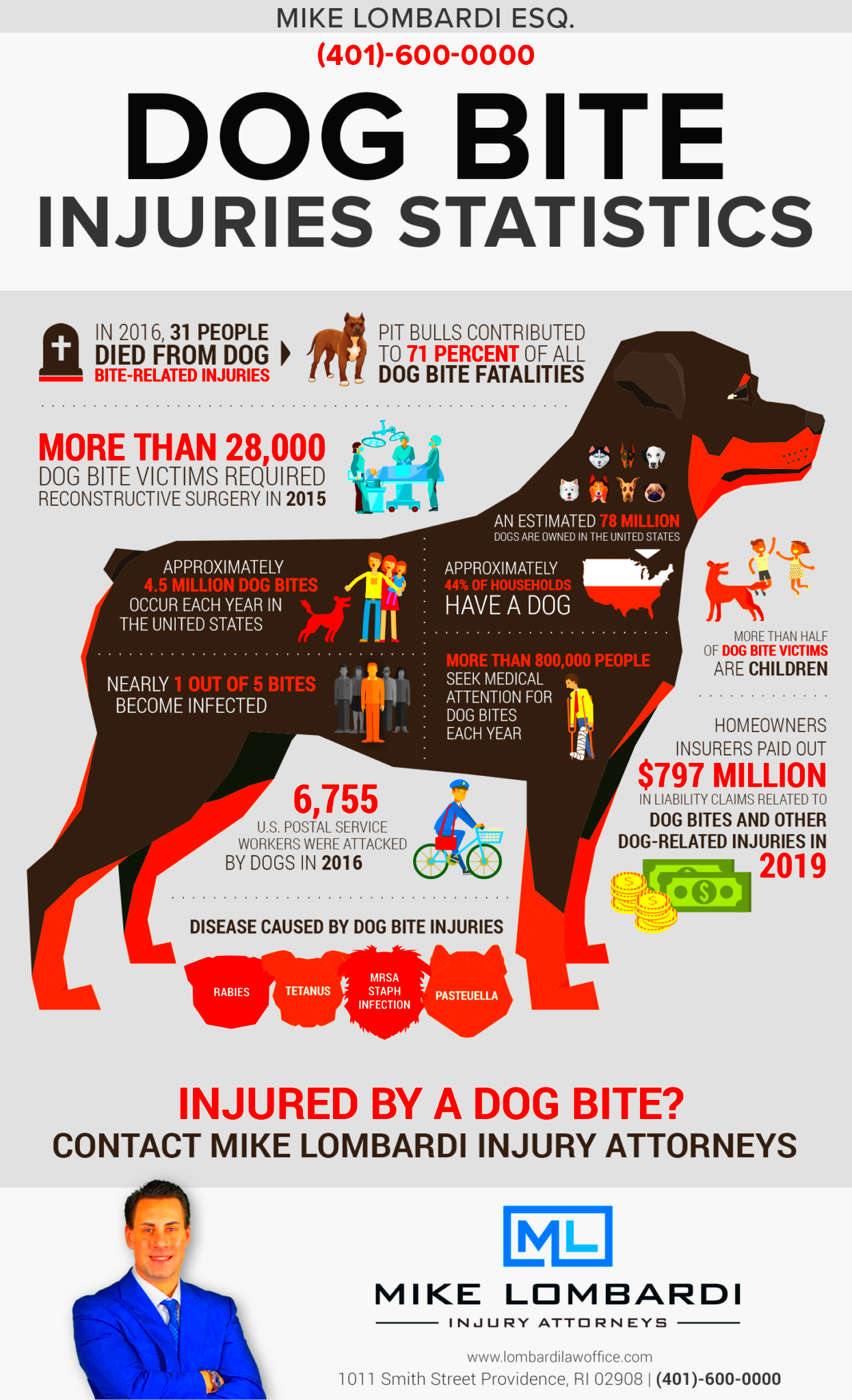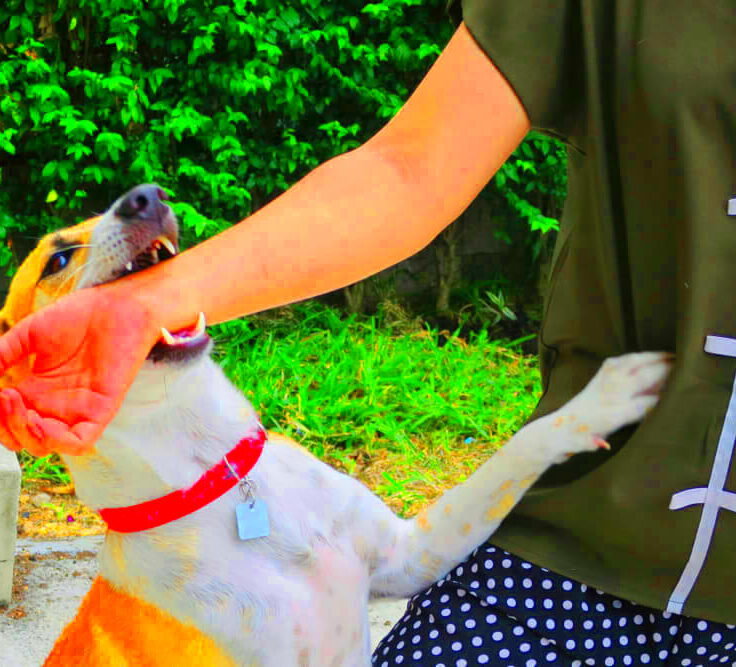Understanding Connecticut Dog Bite Laws
Connecticut has laws in place to handle the situations that occur when a dog bites someone. These laws aim to ensure that victims are treated fairly and receive compensation for their injuries. Based on my own experiences I have witnessed the significant effects these laws can have on both victims and dog owners. It’s crucial to recognize that these regulations serve not only to offer support to those harmed but also to promote responsible pet ownership.
In Connecticut the law regarding dog bites operates on a principle of strict liability. This means that the owner of a dog is typically held accountable for any harm caused by their dog, regardless of the dogs previous behavior. This legal framework streamlines the process for victims looking to seek compensation since they are not required to demonstrate the owners negligence or provide evidence of the dogs prior aggressive tendencies.
Here’s a brief look at how the law applies:
- Strict Liability: Dog owners are liable for injuries caused by their dogs, even if the dog has no previous history of aggression.
- Victim’s Rights: Injured parties can seek compensation for medical bills, pain and suffering, and lost wages.
- Owner’s Responsibilities: Owners are expected to control their dogs and prevent them from causing harm.
Grasping these fundamental concepts can assist victims in maneuvering through the legal process with greater efficiency and ensuring they obtain the justice they rightfully deserve.
Understanding Liability for Dog Bites

Determining liability in cases can be quite tricky but Connecticuts strict liability laws provide some clarity. With my experience in handling different cases I have witnessed how these laws impact the results. According to the strict liability rule if a dog bites someone the owner is typically held accountable regardless of the dogs past behavior.
Here are key points to consider:
- Automatic Responsibility: Under Connecticut law, if a dog bites someone, the owner is automatically responsible for the victim’s injuries. This applies whether or not the owner knew the dog was dangerous.
- Proving the Bite: The victim only needs to prove that the bite occurred and that they were not trespassing or provoking the dog at the time.
- Compensation: Victims can claim damages for medical expenses, emotional distress, and other losses related to the bite.
This method allows victims to pursue compensation without needing to demonstrate the owners carelessness. This can be crucial in situations where the dogs aggressive behavior was unexpected.
Exceptions to Liability Rules

Connecticuts strict liability law typically makes dog owners liable for any incidents involving their pets. However there are certain exceptions that can influence the results of a case. In my view recognizing these exceptions can have an impact on legal outcomes. These exceptions shed light on circumstances where the standard rules may not be applicable providing dog owners, with an opportunity to present their defense.
Here are some common exceptions:
- Provocation: If the dog bite was provoked by the victim—such as through teasing or taunting—the owner might not be held liable.
- Trespassing: If the victim was on the dog owner’s property without permission, the owner may have a defense against liability.
- Dog in a Controlled Environment: If the dog was restrained or under control (like on a leash) and the bite still occurred, it may affect the liability decision.
Defense lawyers can sometimes use these exceptions to lessen or eliminate the responsibility of the owner. It’s important for both victims and owners to recognize these subtleties in order to gain a clearer understanding of their legal position.
What to Do After a Dog Bite Incident

Getting bitten by a dog can be a distressing experience and knowing what to do next can really help. After talking to numerous victims and their loved ones I understand how challenging it can be. The steps you take right after the incident are vital, for your well being and for strengthening your case if you choose to pursue compensation.
Here’s a simple step by step plan for what to do immediately after getting bitten by a dog.
- Seek Medical Attention: Even if the bite seems minor, it’s essential to get a medical evaluation. Dogs can carry diseases like rabies, and even small wounds can lead to serious infections.
- Document the Incident: Take photos of the injuries, the location where the bite happened, and, if possible, the dog itself. This documentation will be valuable for any legal claims.
- Report the Incident: Notify local animal control or the police. This step ensures that the incident is officially recorded and helps prevent future attacks.
- Gather Information: Collect the contact details of the dog’s owner and any witnesses. This information will be important for your medical and legal follow-up.
- Keep Records: Maintain detailed records of your medical treatments, expenses, and any correspondence related to the incident.
Acting quickly on these measures can support your healing process and bolster any potential legal proceedings you may consider. Its all about safeguarding both your well being and your entitlements.
Filing a Claim for a Dog Bite Injury
Pursuing justice for a dog bite can feel overwhelming when it comes to filing a claim. Drawing from my own experiences and those of others who have gone through this journey I believe that familiarizing yourself with the steps involved can ease the process and reduce stress levels.
Here’s how you can navigate filing a claim:
- Consult an Attorney: It’s wise to consult with a personal injury attorney who specializes in dog bite cases. They can provide valuable guidance and help you understand your rights.
- File a Report: Submit a formal report to the insurance company of the dog’s owner. This should include all documentation of your injuries, medical treatments, and any related expenses.
- Gather Evidence: Provide all collected evidence, such as photographs of the bite, medical records, and witness statements, to support your claim.
- Negotiate a Settlement: Your attorney will help you negotiate a fair settlement with the insurance company. This process involves assessing the total damages and ensuring you receive adequate compensation.
- Prepare for Court: If a settlement cannot be reached, your case might go to court. Your attorney will prepare you for this process, including gathering necessary documentation and preparing witness testimonies.
Submitting a claim can assist you in getting back the expenses incurred due to your injury and offer a sense of fairness. It plays a crucial role in making sure that you receive appropriate compensation for the pain you’ve endured.
Types of Compensation for Dog Bite Victims
Injuries from dog bites can have an impact not only on the body but also on mental well being and finances. Through my conversations with victims I’ve come to realize the significance of being aware of the different forms of compensation that exist. This awareness can assist you in obtaining the support you seek and ensuring that every facet of your pain is acknowledged and addressed.
Here are the key forms of compensation that you could qualify for.
- Medical Expenses: This includes all costs related to treating the dog bite, such as hospital bills, surgeries, medication, and ongoing treatments.
- Pain and Suffering: Compensation for the physical pain and emotional distress caused by the bite. This type of compensation accounts for the impact the injury has had on your quality of life.
- Lost Wages: If the injury has caused you to miss work, you can claim compensation for the income you’ve lost during your recovery period.
- Future Medical Costs: If your injury requires long-term care or future medical treatments, these costs can also be included in your compensation claim.
- Property Damage: If personal items were damaged during the incident, you might be able to claim compensation for those losses.
Grasping these forms of remuneration can assist you in getting ready for the monetary elements of your healing process. The goal is to ensure that you dont have to shoulder the financial weight of an injury that wasn’t caused by your actions.
Role of Insurance in Dog Bite Cases
When it comes to handling a dog bite incident insurance is key in determining whether the situation gets resolved quickly or turns into a lengthy battle. I have witnessed how insurance affects both victims and dog owners. For numerous people insurance aids in covering medical bills and other expenses, although maneuvering through the claims procedure can be quite tricky.
Let’s take a moment to examine the role of insurance in dog bite incidents.
- Homeowner’s Insurance: Many dog bite claims are covered under a homeowner’s or renter’s insurance policy. This type of insurance generally includes liability coverage that can pay for medical expenses and other damages resulting from a dog bite.
- Insurance Claims Process: After a dog bite, the victim or their attorney will file a claim with the dog owner’s insurance company. This involves providing detailed documentation of the injuries and related costs.
- Claim Settlement: Insurance companies often negotiate settlements to avoid going to court. They may offer a lump sum payment to cover medical expenses, pain and suffering, and other damages.
- Disputes and Denials: Sometimes, insurance claims can be disputed or denied, especially if there are questions about the policy’s coverage or the circumstances of the bite. In such cases, having legal representation can be crucial.
Grasping how insurance works can assist you in handling the situation after a dog bite more smoothly. Its all about making sure you receive the assistance you require without any hassles.
Common Defenses Used in Dog Bite Cases
In incidents involving dog bites the approach taken by the defense can greatly impact the result. From my observations in legal matters defendants frequently use certain points to dispute responsibility. Being aware of these typical counterarguments can help you brace yourself for what lies ahead if you find yourself in a situation.
Here are some of the typical defenses used:
- Provocation: A common defense is that the dog was provoked by the victim. For instance, if the victim teased or attacked the dog, the owner may argue that the bite was a reaction to provocation.
- Trespassing: If the victim was on the property without permission, the defense might argue that the dog’s behavior was justified given the trespasser’s unauthorized presence.
- Animal Control Compliance: The owner might claim that their dog was controlled or restrained according to local regulations, and the bite occurred despite these precautions.
- Pre-Existing Injuries: Sometimes, defendants argue that the injuries were pre-existing or unrelated to the dog bite, aiming to reduce or deny their liability.
While these strategies may influence the result of a case being well prepared and knowledgeable can assist you in dealing with them more efficiently. The key is to make sure you don’t get caught off guard by the legal maneuvers employed by the opposing side.
FAQs
1. What should I do if I’m bitten by a dog?
To prevent infection and evaluate the severity of your injuries it is crucial to seek medical help right away. Inform the relevant authorities about the incident and collect evidence such as photographs and witness accounts. Maintain thorough documentation of your medical care and costs incurred.
2. How do I know if I have a valid dog bite claim?
If you were bitten by a dog and the owner is found responsible according to Connecticut law you probably have a case to pursue. Important considerations are whether the bite happened in a location where you were entitled to be and if the dog had a track record of aggressive behavior. Seeking advice from an injury lawyer can provide clarity regarding your circumstances.
3. Can I claim compensation if the dog bite was minor?
Absolutely, even small bites can lead to compensation if they cause distress, discomfort or necessitate medical care. Compensation may include coverage for expenses, emotional distress and various other damages based on the details of the situation.
4. What if the dog’s owner doesn’t have insurance?
If the dog owner lacks insurance, you could still seek compensation through alternative channels like the owners personal assets or other legal routes. An attorney can assist you in exploring these possibilities.
5. How long do I have to file a claim?
In Connecticut you usually have two years from the date of the incident to file a personal injury claim, including cases involving dog bites. Its crucial to begin the process promptly to make sure you meet all the necessary deadlines.
Conclusion
Dealing with a dog bite can be a tough and overwhelming situation, but having a clear understanding of the legal aspects can bring you some relief and control. Based on my own experiences and discussions with others who have gone through similar ordeals I realize how important it is to be well aware of your rights and the necessary actions to take. Its crucial to remember that the steps you take right after a bite like getting medical help and documenting the incident are vital. Filing a claim and knowing how insurance works can assist you in seeking fair compensation for your injuries. Being aware of common defenses can also prepare you for any legal challenges that may arise. In the end navigating the aftermath of a dog bite with knowledge and support can significantly impact achieving a resolution. Stay updated seek professional advice when necessary and take proactive measures to safeguard your rights and support your recovery.


